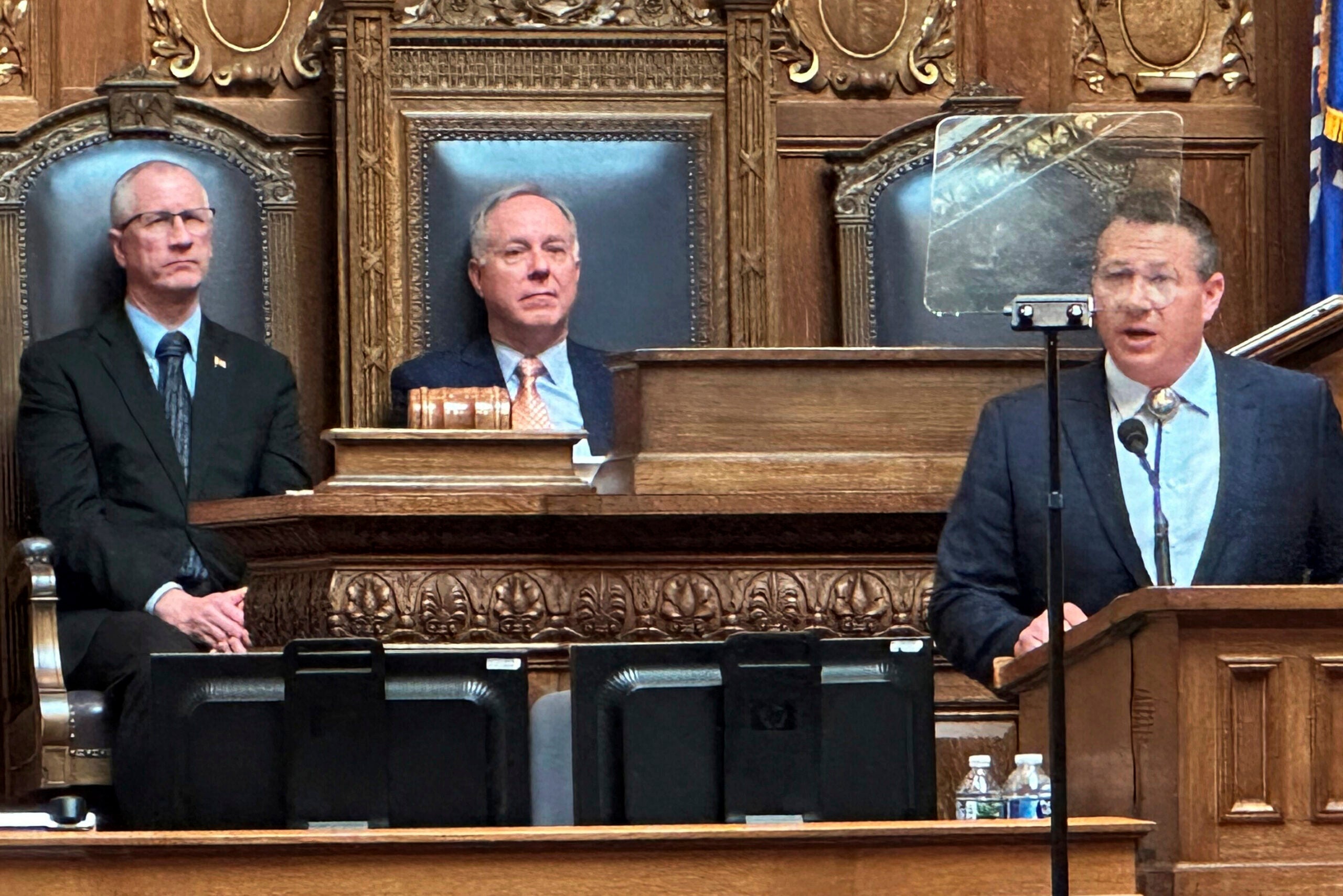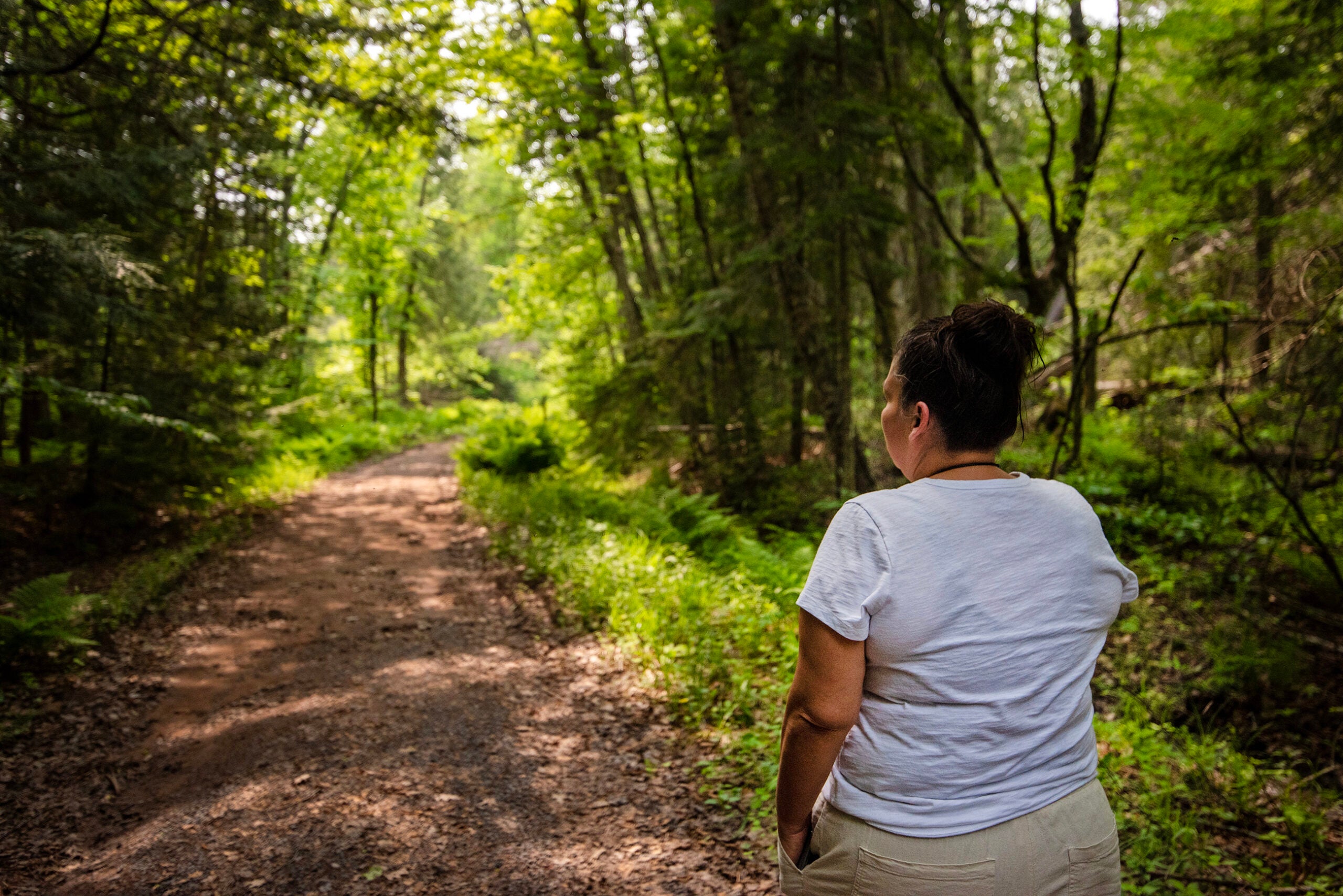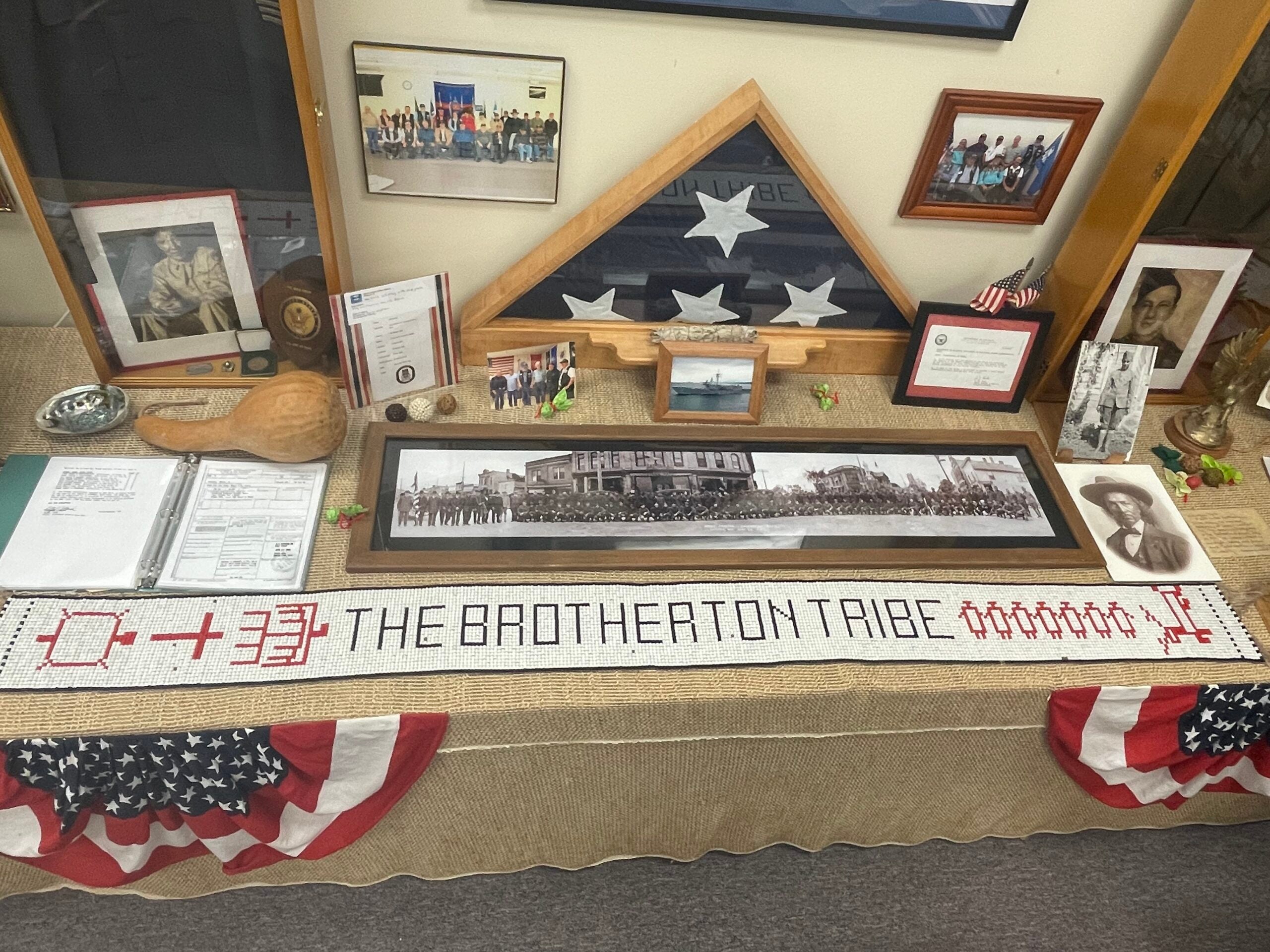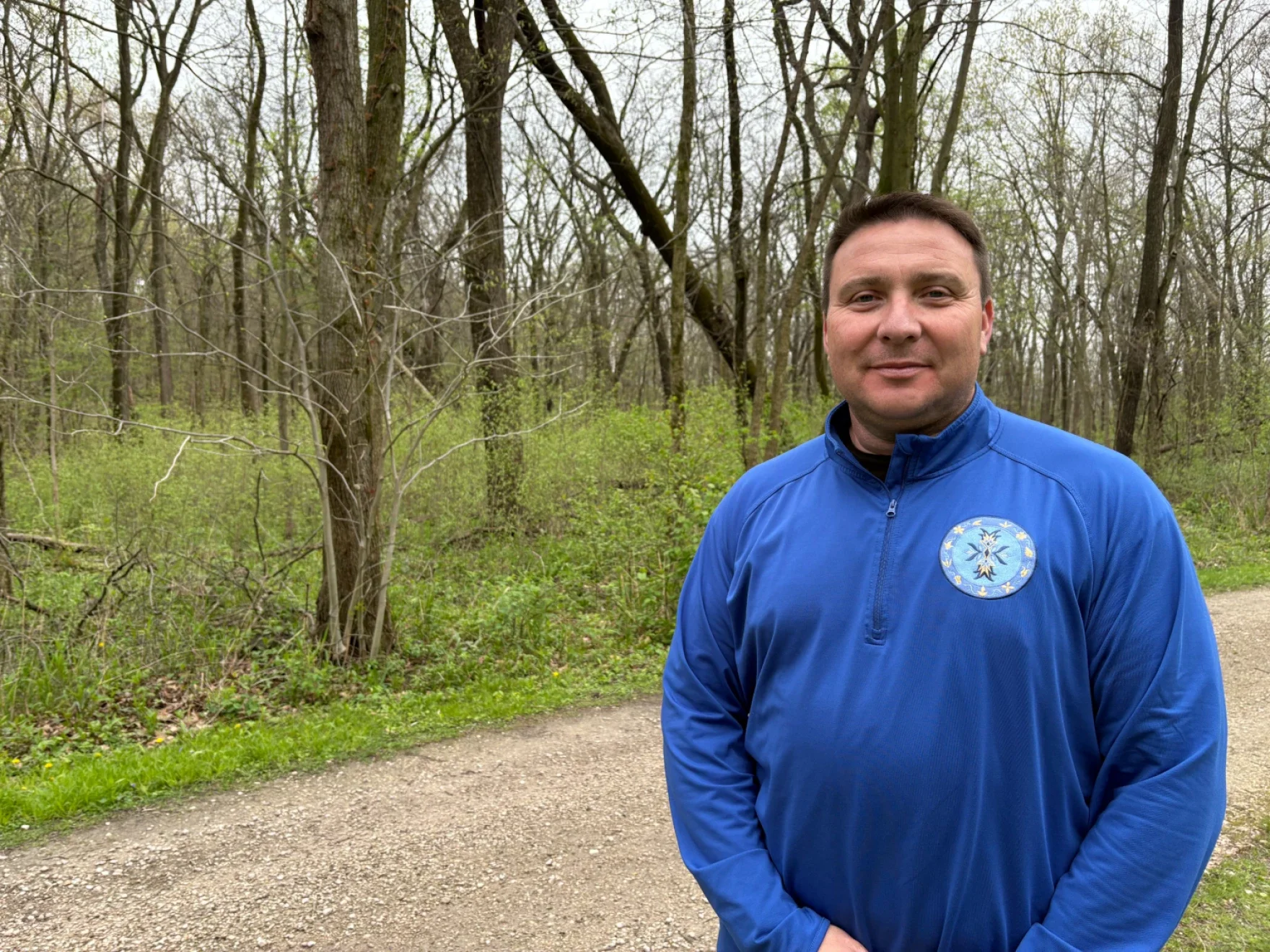The leader of the Forest County Potawatomi tribe celebrated legislative accomplishments and urged the state’s leaders to find bipartisan solutions to challenges including human trafficking and affordable housing in a speech Thursday.
Potawatomi leader James Crawford delivered the annual State of the Tribes address. He said strides had been made in the past year in policy areas important to the tribes including healthcare, food access, and foster care.
He thanked lawmakers for increasing Medicaid reimbursements for tribal health centers.
News with a little more humanity
WPR’s “Wisconsin Today” newsletter keeps you connected to the state you love without feeling overwhelmed. No paywall. No agenda. No corporate filter.
“Because of this change, Wisconsin’s tribes will see a more than $60 million increase in their federal Medicaid reimbursements,” Crawford said. “That is likely the most significant financial gain for Wisconsin tribes since the advent of tribal gaming in this state.”
He called a food box program “a tremendous success” that was funded by $3 million in gaming funds in the state budget.
“This program ensures that tribal elders can have regular access to traditional indigenous foods that are sourced from native and local producers on a regular basis. Tribal elders receive foods like bison, fish, corn, squash, wild rice, white corn flour, and many other items that are central to indigenous diets,” he said.
Crawford thanked lawmakers for passing a bill that expanded who can care for a child who has been removed from its home by a juvenile court.
The bill allows children to be placed with someone who has a significant emotional relationship with the child or the child’s family. Children who belong to a tribe can be placed with “an individual who is identified by the child’s tribe as kin or like-kin according to tribal tradition, custom or resolution, code, or law,” according to the bill.
“Because of this legislation, children will be able to be placed more easily with those who already know and love them and who they know and love and return and those caregivers will receive needed financial support,” Crawford said.
Rural areas struggle to recruit workers and skilled labor in part due to a lack of affordable housing, he said. Crawford thanked legislators and the governor for a bipartisan package of bills meant to address affordable housing, along with providing tuition reimbursement for pharmacy school graduates who work in rural communities.
He also thanked Attorney General Josh Kaul for starting a task force on missing and murdered indigenous women.
“I want to remind you of the ongoing problem of the trafficking of native women and girls in tribal communities all across the country, including right here in Wisconsin. Native women and girls are being exploited, trafficked, and subjected to violence at disproportionately high rates,” he said.
“I ask that you don’t forget to find the time to set aside your differences and to not be afraid to reach across the aisle,” he continued.
Crawford said that sometimes fixing problems is more simple than flashy. He pointed to the state’s decision to allow tribes to install welcome signs at their boundaries.
“While granting tribes the ability to install municipal welcome signs doesn’t solve our housing or employee shortage, it does provide tribes with an important reinforcement of our sovereignty and allows us to be treated just like other governments,” Crawford said. “And that’s a big deal.”
Wisconsin Public Radio, © Copyright 2025, Board of Regents of the University of Wisconsin System and Wisconsin Educational Communications Board.







